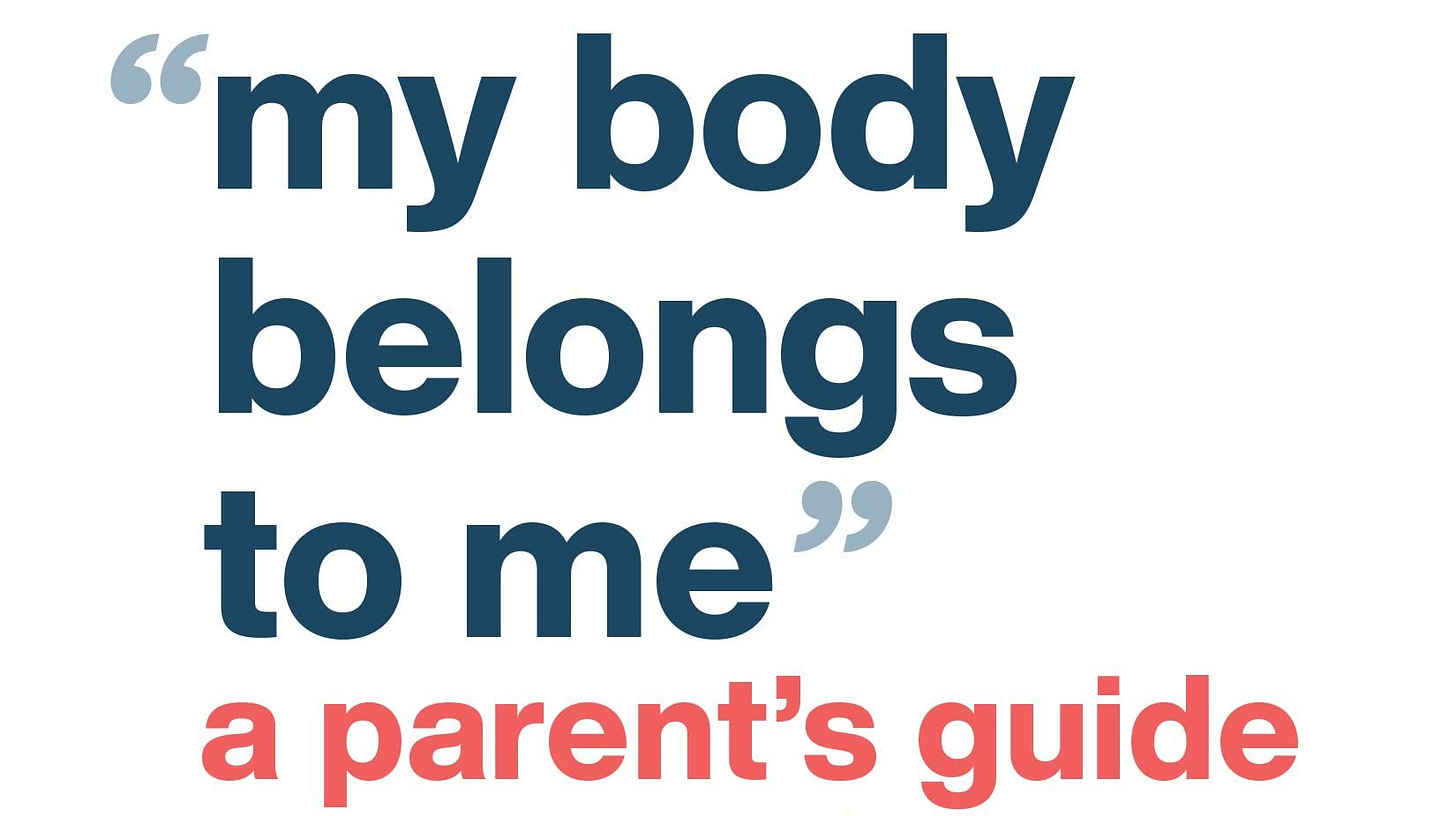When I’m not here encouraging parents and other caregivers to talk to their kids about sexuality, I’m… well, I’m also here. I live in front of my computer.
But rather than sharing tips with you fine folks, I’m instead tearing my hair out over how best to support the adoption of comprehensive sexuality education across the country. What can I do? Am I doing enough? Am I doing any good at all?
The problem seems insurmountable. After all, the enduring controversy over sex ed in schools has historical precedent. And censorship / terrible legislation around issues of race, gender, and sexuality feel as if they’re at an all-time high. How can I make a difference when it feels as if we’re only moving backward?
Then EducateUS (a new movement focused on advancing progressive sex education policy and implementation) held a Sex Ed Week of Action across social media and it made me feel hope again that, all together, many people engaging in many small acts of advocacy could make some sort of difference.
Throughout the week, I wrote about why I was a sex ed advocate. What drove me to this work. I shouted out some of my sex ed superheroes. And I shared my vision for sex ed going forward.
But when I responded to a tweet from SIECUS that asked users to share what they were doing right now to advance sex ed, I felt especially encouraged. Because it reminded me that even though I’m not creating policy or going into classrooms to teach, I’m still doing something. I’m doing plenty.
Those small steps I’m taking?
I chat with my child about sexuality early and often. My 7-year-old is always surprising me with new and delightful questions. Just the other day, she asked me if she could skip the whole period thing if she decided she wasn’t ever going to get pregnant. If only. I know that not every parent feels comfortable fielding these questions. But if you can get yourself to a point where these conversations feel less terrifying, perhaps approaching them with a sense of delighted curiosity over what your child knows and what they’re thinking, you will be rewarded with a child who feels comfortable coming to you with the tough stuff.
I joined my school district's curriculum committee so I could advocate for lessons I believe in. I don’t yet know how much of an impact I’ll have, but I feel good about the fact that I’ll know what’s happening in classrooms, even when I can’t change it. Consider joining a similar committee in your district, or keeping tabs on the contents of your local Board of Education meetings.
My work as a journalist centers on sexuality education. No, I’m not suggesting you all become journalists. It’s incredibly unlucrative, so I don’t recommend it. But I look at my work as a way to raise awareness around certain topics, and to share resources and helpful bits of information. How might you do the same? And speaking of sharing resources…
I share sex ed resources with folks via Guerrilla Sex Ed. So if you’re looking for stuff you can share with your kids or with fellow caregivers, I gotchu. You can even find more tips on how to engage in sex ed advocacy here.
Full Disclosure: Sex Ed in the News
Earlier this month, Orion Rummler reported that at least seven states have introduced bills to regulate how textbooks and school curriculums talk about LGBTQ+ people or how teachers can discuss gender identity and sexual orientation with students. This is the opposite of what sex ed advocates have been fighting for, as our kids will only struggle if they don’t see themselves or their experiences reflected in school curricula (or, worse, demonized).
Speaking of censorship, Christopher Pepper (Mr. Health Teacher!) connects the most recent spate of attempted book bannings and curriculum challenges to previous challenges sex educators have faced. The article is aimed primarily at teachers and school administrators, but it provides some valuable tips on how you might advocate for better teacher support in your own district.
Not news, exactly, but here’s a short but sweet poem about saying the word “vulva.”
This Instagram slideshow by the folks at Impact flips the arguments around “gender ideology” on their head by showing how cisgender folks — and the culture at large — uphold and reinforce the gender binary.
The FDA has finally granted the first condom approvals for anal sex, and it’s about darn time.
There’s already been quite a bit of research about this over the years, but here’s the latest on how more comprehensive sex education has reduced teen birth rates.
Love this content from educator Julia Feldman on 10 opportunities to include pleasure in sex ed. This information is not relevant to teachers alone! Take this and run with it!
The governor of Texas is asking citizens to report parents of transgender kids for abuse if it appears the minors are receiving gender-affirming medical care. This is disgusting and terrifying and, before I start throwing around inappropriate language, I’ll just share this additional Twitter thread here. Also, research has already demonstrated that gender-affirming care "greatly improves the mental health and overall well-being of gender diverse, transgender, and nonbinary (TGNB) children and adolescents." This essay by Nirmeen Anver might help you better understand the experiences of trans kids and their parents.
Finally, I was a guest on Lori Reichel’s Puberty Prof podcast, for which we talked about the physical signs that puberty is happening, and about how parents can help their kids through this transitional period.
My Favorite New Sex Ed Resource
I spoke with sexuality educator Elizabeth Schroeder several times, for several articles, when I first started reporting on sex education. Her background is impressive as hell, and I always felt lucky to be the recipient of her wisdom. So I was excited to see she had a book out.
My Body Belongs to Me is a guide that helps parents start critical conversations about responsibility and respect with kids as young as 3, using language and examples they can understand. In this book, you'll learn where to start, what to say, how to walk to talk, and how to empower your child to assert their body boundaries and respect others.







